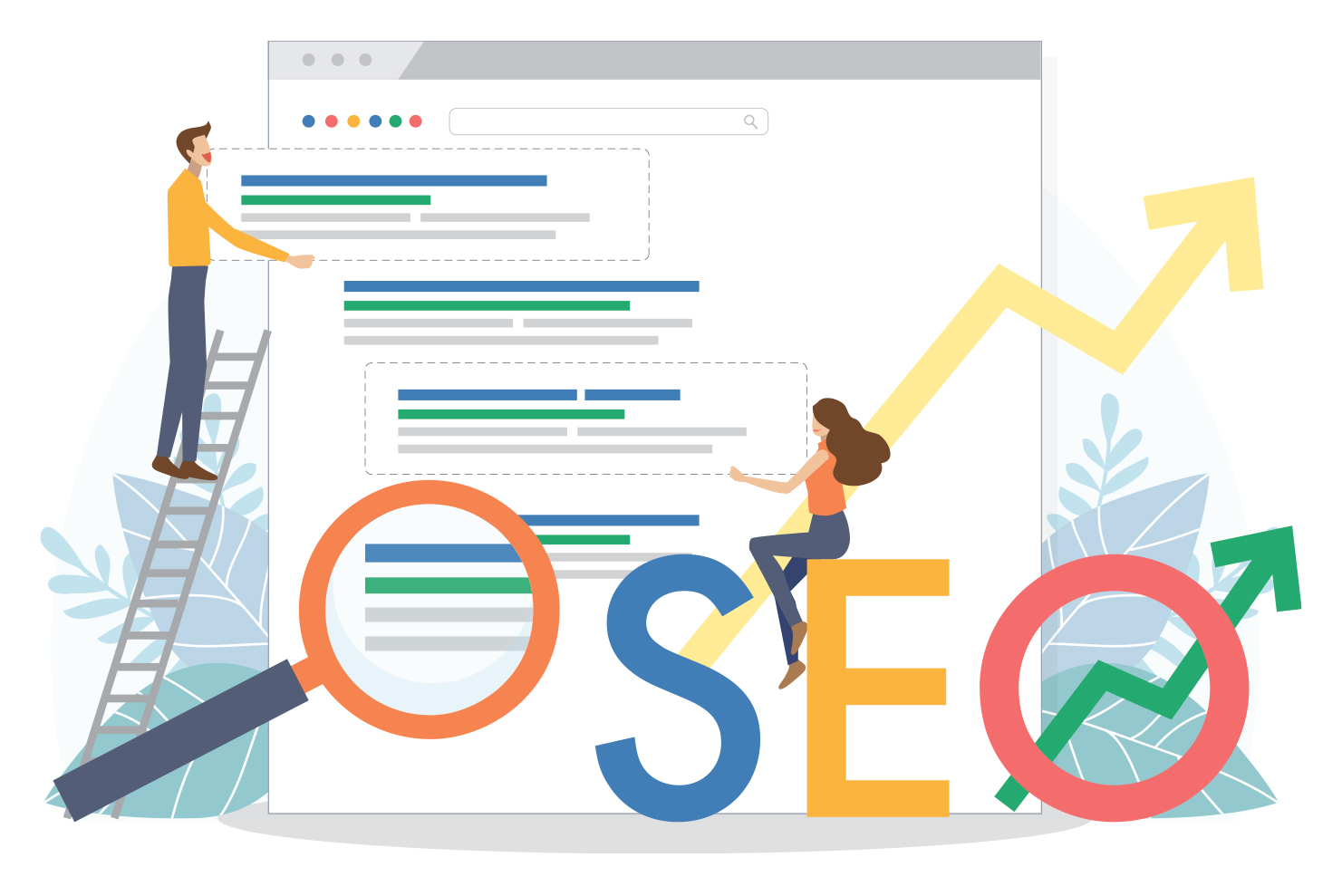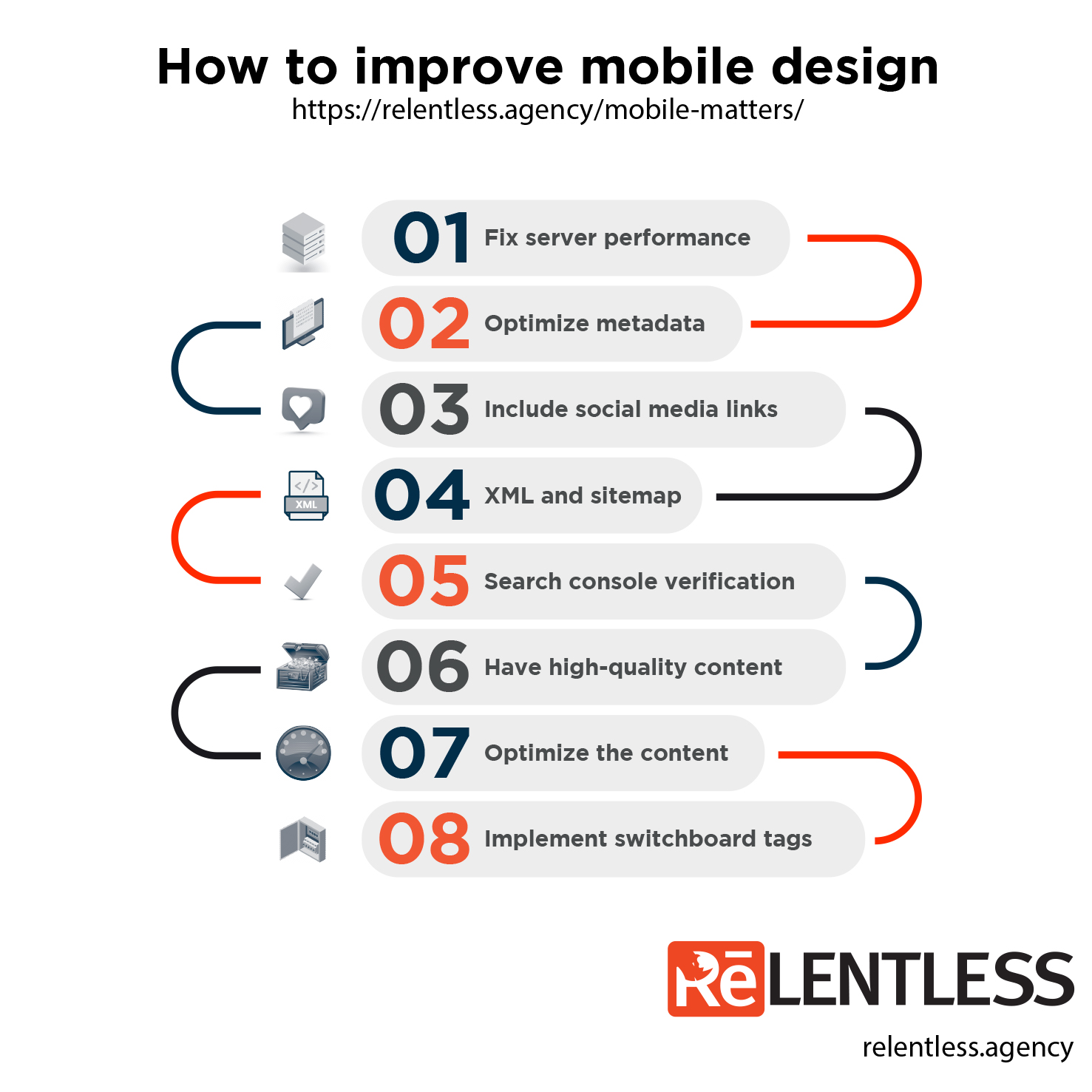Search Engine Optimization (SEO) stands for the standard process of improving your website’s position in organic search results. By organic, we mean natural, unpaid results you get when you search the web, which is the most common way of accessing online content today.
SEO allows you to project your website among the first results someone will get when looking for a specific piece of information. It can help your website reach its well-deserved attention.
But firstly, let’s talk about a search engine and how it works, so it is easier to understand the importance and practices behind a good SEO service.

What Is a Search Engine?
By definition, a search engine is a web-based software system that allows users worldwide to locate and access the information they are looking for.
It systematically searches the World Wide Web, looking for a specific piece of information the user has required. Once it has found it, the engine displays all available search results in search engine result pages (SERPs). Search engines show the data to you by using complex algorithms, thanks to which search engines can maintain real-time information and find all of the relevant, up-to-date, available data.
Search Engines (SEs for short) usually have their web crawlers (also called search engine bots and search engine spiders) that allow them to search billions of pages in a brief timeframe.
Crawlers start the search from a known web page, and by following internal and external links, they create an idea about what you are looking for. Then, they connect that information with all of the semantically similar data stored in the search engine’s gigantic database (called the index) and display the ones that an algorithm assessed is most suitable, based on your previous research history.
If you wonder if search engines can access all online data, the answer is no – they cannot access everything, and the part of the web that search engines cannot search is called the deep web.
Today, some of the most famous search engines are Google, Yahoo, Bing, Baidu, and Yandex.
Why Is SEO So Important?
When you know how search engines work and how they display data in SERPs, it’s easy to comprehend the importance of Search Engine Optimization.
Since organic search results are those people most likely turn to, it is essential to mention that you cannot pay to rank your website higher in such results. The only way to improve your ranking is to optimize the search engines as much as possible. SEs will position your content higher among the other displayed results.
Your position in the search results mainly determines if a user will find your content or not because research shows that people are less likely to go beyond the first few results pages. Very few people will dig deep – wast majority will stick to the first, second, maybe third page.
You can catapult your business page to the stars by using SEO methods. In other words, you can move your content higher up the ladder until you come to the first pages, where user access will be much easier. When it comes to Google Search Engine, using good SEO strategies is the best and easiest way to position your content higher in SR, besides paying an advertisement.
SEO demands a set of steps, but so does every other way of traffic expansion, whether it be using social media and link-building strategies, content marketing, or any other alternative method of increasing your traffic.
The following section will explain how SEO works and some of the primary and most essential steps to cover when optimizing search engines.
How Does SEO Work?
If you wonder if the time is right to start learning about SEO, your answer is YES! Without it, you will lose precious time and resources that are much less likely to get you where you want to be.
Don’t be scared if it is your first time working with search engine optimization. You should start with more simple steps that will allow you to progress but won’t be too demanding and time-consuming.
Steps for Beginners

For example, a great way to start your SEO journey is to make sure you have the following covered:
1. Create quality content for your page
It’s essential to have content that will be appealing, insightful, and informative for the user and won’t spread misinformation or be confusing or insulting.
2. Publish your content
You will automatically create an external link by publishing your first content, which Google crawlers pick up and store in the index (extensive database). Your content will be known to the search engine and included in the search results.
3. Add keywords
Adding keywords is crucial if you want to hit the targeted audience and ensure your content is in the right place and time. By adding good, frequently used keywords, a user will find your content is a much greater chance.
4. Add internal links
By adding internal links to your content, you will make a more stable structure for your site and make sure the user gets directed to the other parts of your site, too, when looking for pieces of information.
5. Add external links
Adding external links means your site will sometimes redirect users to other sites, so you want to make sure your external links are checked and will distract users and interrupt traffic if you add them.
6. Add media
Make sure you have enough visual material that will be useful and interesting to the user. For example, you can use images, infographics, gifs, videos, audio, or anything else you consider a fun asset to the page.
When you have these simple steps covered, your rank in search results will be higher, beneficial for your site and business. To keep your high rankings, you will have to maintain your site with regular updates and frequent publishing. Do your best to attract users and make your site a pleasant place to look for information.
Conclusion
SEO optimization can be tricky if you don’t understand why it is required. But once you see your site’s improvements and witness all the benefits you can achieve, nothing can stop you from getting your site out there.
If you are doing it yourself, pick your pace and don’t rush yourself. Come back to the steps as much time as you need, and make sure you follow them through and through.
Do not feel discouraged if you don’t optimize your site on the first try. Instead, just try again, or hire a team of SEO experts that will do it for you without making you lose a fortune.
